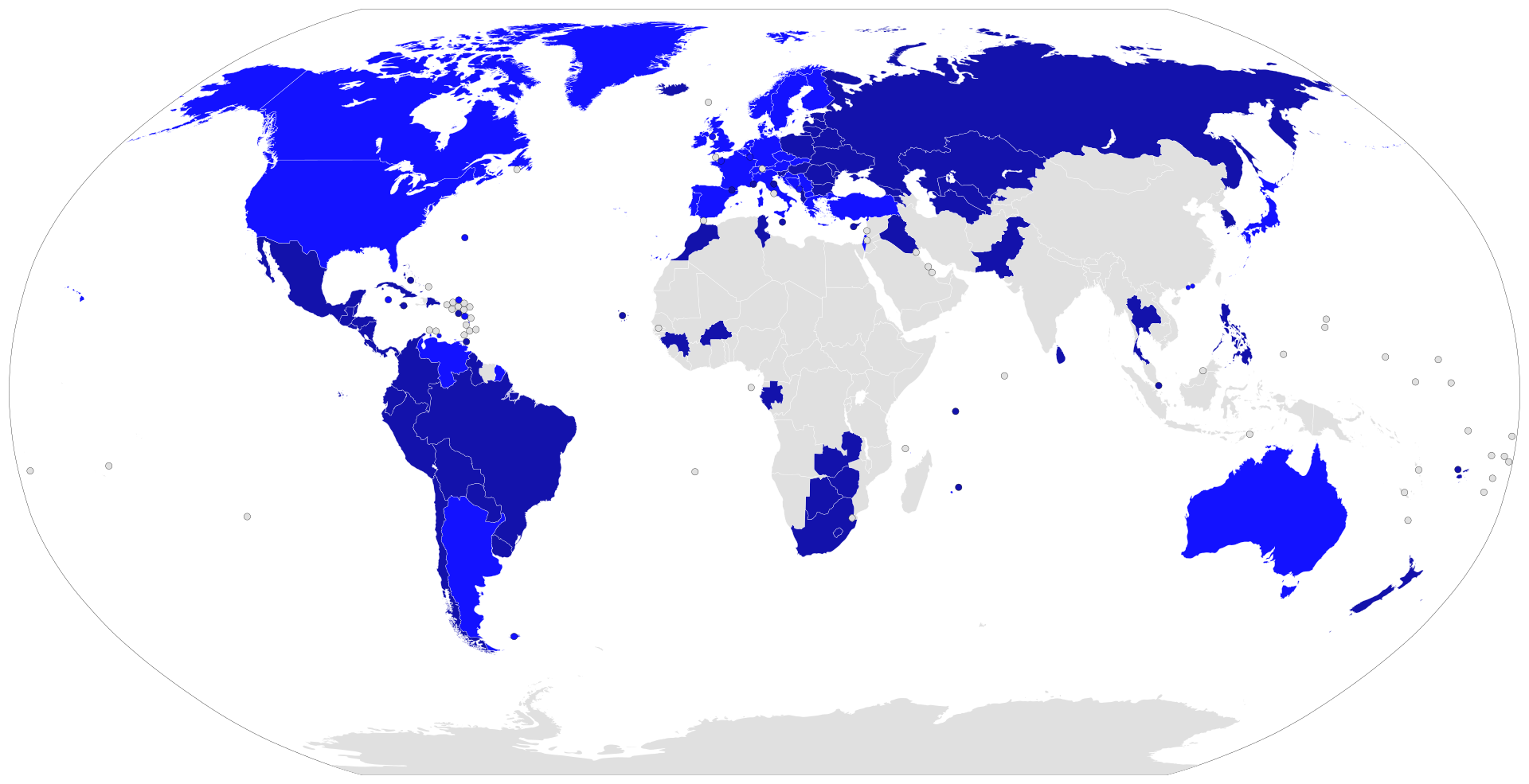In Macpherson v. Wyszatko Estate, 2025 ONCA 576, the Court of Appeal for Ontario largely upheld a Superior Court decision resolving a complex family dispute over the estate of Nadia Wyszatko, which included two marinas in East Gwillimbury. The appeal, brought by Richard Wyszatko, challenged the trial judge’s findings on a $100,000 loan repayment, occupation rent for marina operations, and a $104,722.39 costs award in favor of his sister, Julia Macpherson. While dismissing most of Richard’s arguments for lack of palpable and overriding errors, the court clarified that the estate, not Richard personally, was liable for the loan, legal fees, and interest, offering a nuanced resolution to this contentious estate litigation.
Summary of the Case
- Background: Nadia and Albert Wyszatko purchased property in East Gwillimbury in 1963, establishing two marinas: Albert’s Marina and Sail’er Inn. After Albert’s death in 1990, his will allocated 50% of his business interest to their son Teddy. Nadia’s 2011 will left the marina business to Richard, with the estate residue divided among their children (except Teddy). Nadia died in 2012, naming Julia, Richard, and Irene as estate trustees. A 2014 settlement resolved litigation by Teddy for $485,000, funded partly by $100,000 contributions from Julia and Irene at Richard’s request. Disputes arose over estate management and loan repayment, leading Julia to seek court directions on twelve issues.
- Superior Court Decision: After an 11-day hearing, Justice Suzan E. Fraser ruled largely in Julia’s favor, ordering Richard and Irene to pay her costs of $104,722.39 on a partial indemnity scale. Key issues included Julia’s $100,000 loan to fund the settlement and Richard’s obligation to pay occupation rent for operating the marinas on estate property. The case is found at MacPherson v Wyszatko (Estate), 2023 ONSC 3910 (CanLII)
- Appeal: Richard appealed, arguing the application judge made factual errors, gave improper weight to evidence, and erred in the costs order. He sought a new hearing and reversal of the costs order.
Court of Appeal Findings
- Standard of Review: The court applied the standard of palpable and overriding error for factual findings, per Housen v. Nikolaisen (2002 SCC 33). It found Richard’s arguments were largely a request to reweigh evidence, which is not the appellate court’s role. The application judge’s findings were well-reasoned and supported by evidence.
- Julia’s Loan:
- Issue: Julia loaned $100,000 to Richard to fund the Teddy settlement, which Richard argued he was —
System: not personally liable to repay. He also contested Julia’s claim for repayment of legal fees and interest.
- Court’s Analysis: The application judge found that Julia, not being a party to the Teddy litigation, had no obligation to fund the settlement, and her loan was corroborated by contemporaneous emails. The judge determined Julia was entitled to repayment of the $100,000 loan, legal fees, and interest from the estate. However, the formal judgment mistakenly included Richard as personally liable alongside the estate, despite the judge’s finding that the loan was to the estate. The Court of Appeal corrected this error, varying paragraphs 1 and 2 of the order to hold only the estate liable for the loan, legal fees, and interest.
- Occupation Rent:
- Issue: Richard operated the marinas on estate-owned property without permission after Nadia’s death, and the application judge ordered him to pay occupation rent of $2,000 monthly from June 3, 2014, until he ceased operations, with an appraisal process for disputes over the rent amount.
- Court’s Analysis: The Court of Appeal upheld the application judge’s finding that Richard benefited personally by running the marinas without estate authorization, justifying the occupation rent order. The lack of evidence on rent quantum was addressed by the judge’s appraisal process, which Richard failed to follow, instead denying any obligation to pay rent. The court rejected Richard’s argument, directing the parties to comply with the appraisal process or seek further court intervention if disputes persisted.
- Costs:
- Issue: Richard sought leave to appeal the $104,722.39 costs order, arguing the application judge erred in her discretion and quantum determination.
- Court’s Analysis: The court noted that costs are discretionary, and leave to appeal is granted sparingly, only if the judge erred or the quantum was unreasonable (100 Bloor Street West Corporation v. Barry’s Bootcamp Canada Inc., 2025 ONCA 447). The application judge’s reasons for awarding costs to Julia, who was successful, were cogent, including her rejection of Richard’s settlement offer under Rule 49.10(2). The Court of Appeal found no error in her reasoning or exercise of discretion and denied leave to appeal the costs order.
Disposition
- The appeal was dismissed, except for varying paragraphs 1 and 2 of the order to remove Richard’s personal liability for the loan, legal fees, and interest, making the estate solely responsible.
- The court directed the parties to submit costs submissions for the appeal within specified timelines if they could not agree.
Key Takeaways
- Factual Findings: Appellate courts defer to trial judges’ factual findings unless there is a palpable and overriding error. Richard’s appeal failed to demonstrate such errors.
- Loan Repayment: The court clarified that Julia’s loan was an estate obligation, correcting the lower court’s order to align with its reasons.
- Occupation Rent: The court affirmed the principle that using estate assets for personal benefit without permission warrants occupation rent, with a process to determine fair quantum.
- Costs: The costs award was upheld as a reasonable exercise of judicial discretion, supported by the evidence and procedural rules.
Need an experienced Ontario estate litigation lawyer? Bobila Walker Law offers strategic legal representation for will disputes, power of attorney issues, and more. Please contact us at 416-847-1859 or via email at info@bobilawalkerlaw.com






